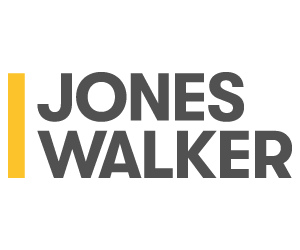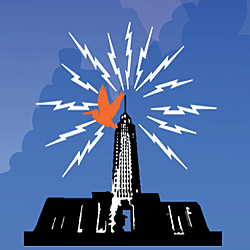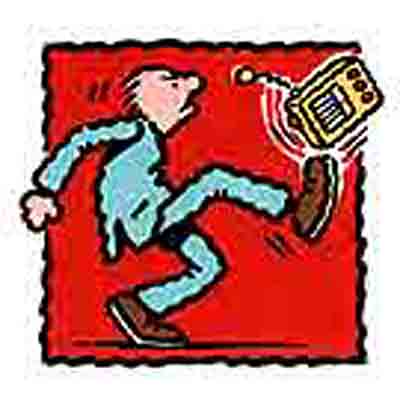Researchers estimate that more than 2 million Americans need help with an opioid addiction. And only about 25% will actually get it.
This can all seem so very daunting. But the reality is, we are getting better at treating substance abuse disorders. For one thing, we have better medicines that are keeping people alive. And providers are changing how they approach treatment of the disease, now recognizing that stability, not abstinence, is essential to sobriety.

Mark De Clouet – qualifying for Medicaid doesn’t mean you’ll actually get medical care
Mark DeClouet is a psychiatric nurse practitioner. And he’s among a relatively small number of addiction treatment providers in Louisiana who have embraced this more compassionate approach. His clinic, Axis Behavioral Health, meets opioid addiction patients where they are. Crucially, his is one of the few operations that makes this treatment readily available to people insured by Medicaid.
Of course, the changes in how we treat opioid use disorders come from a better understanding of how they happen in the first place. Broadly speaking, health researchers have come to understand that our health is not just a function of our physical wellbeing. Where we live, where we come from, what we do and what our circumstances are have immense influence on our likelihood of getting sick and, perhaps more to the point, recovering.
Left unaccounted for, these social determinants of health can frustrate the treatment process and lead to repeat hospital visits, which drives up the cost of healthcare for everyone, while no one seems to get healthy. What good is a good drug if the nearest pharmacy is 25 miles away, you live alone and you don’t have a car?

Holly Howat – unleashing the medical power of the telephone
Holly Howat has a nonprofit that tries to address the external factors that can complicate treatment. Beacon Community Connections has a simple innovation: the telephone. Her community care navigators connect with patients after they are discharged from the hospital to make sure they have what they need to get the best shot at staying healthy.
Lafayette is proud of its anointed title of “America’s Happiest City,” but clearly there are dark days for many of us here and across what appears from the outside to be bucolic Acadiana.

Christiaan Mader, Holly Howat, Mark de Clouet – meeting people where they are
Photos by Jill Lafleur. There’s more Acadiana mental health talk here.





